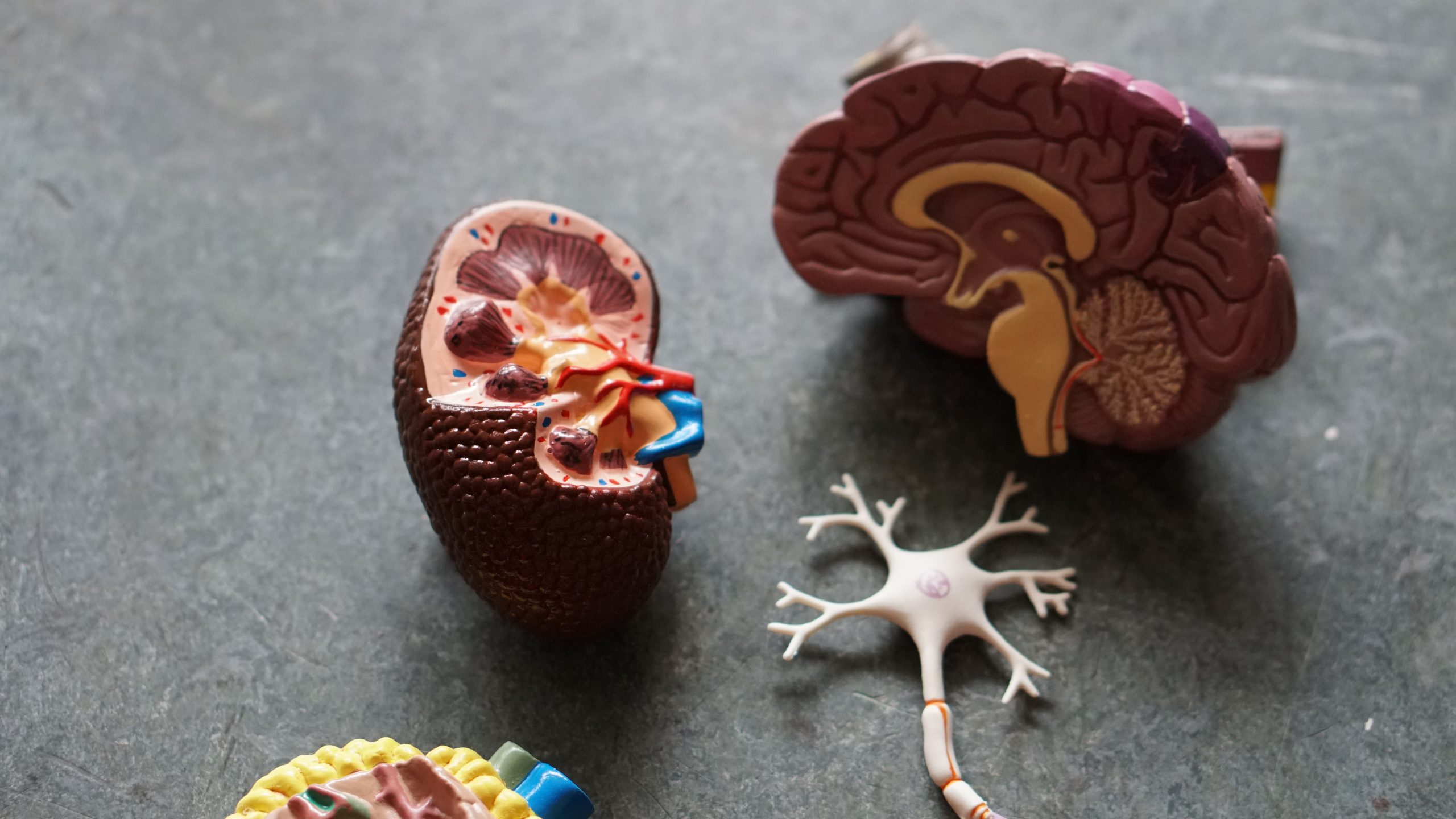
The Communication, Brain and Behavior (CBB) Lab, directed by Chris Cascio, uses tools from communication neuroscience and social neuroscience to understand when persuasion works. Our research focuses on neurocognitive mechanisms associated with social influence (e.g., social norms, peer influence) and persuasive messages delivered through mass media, social media, and interpersonal communication to better understand subsequent behavior. More specifically, our research aims to: 1) understand the core mechanisms that drive behavior change in response to social influence and persuasive messages; 2) incorporate traditionally unexplored contextual factors, like how personality characteristics, situational social context (e.g., being in the presence of a risky versus safe peer), socio-demographic contextual factors (e.g., high versus low socioeconomic status (SES)), and human development (e.g., adolescents versus young adults) moderate neural mechanisms associated with social influence and persuasion; and 3) show how intervention strategies (e.g., self- affirmations, health warning labels) alter neural mechanisms associated with social influence and persuasion, and how these changes relate to behavior change. Faculty Leader: Chris Cascio